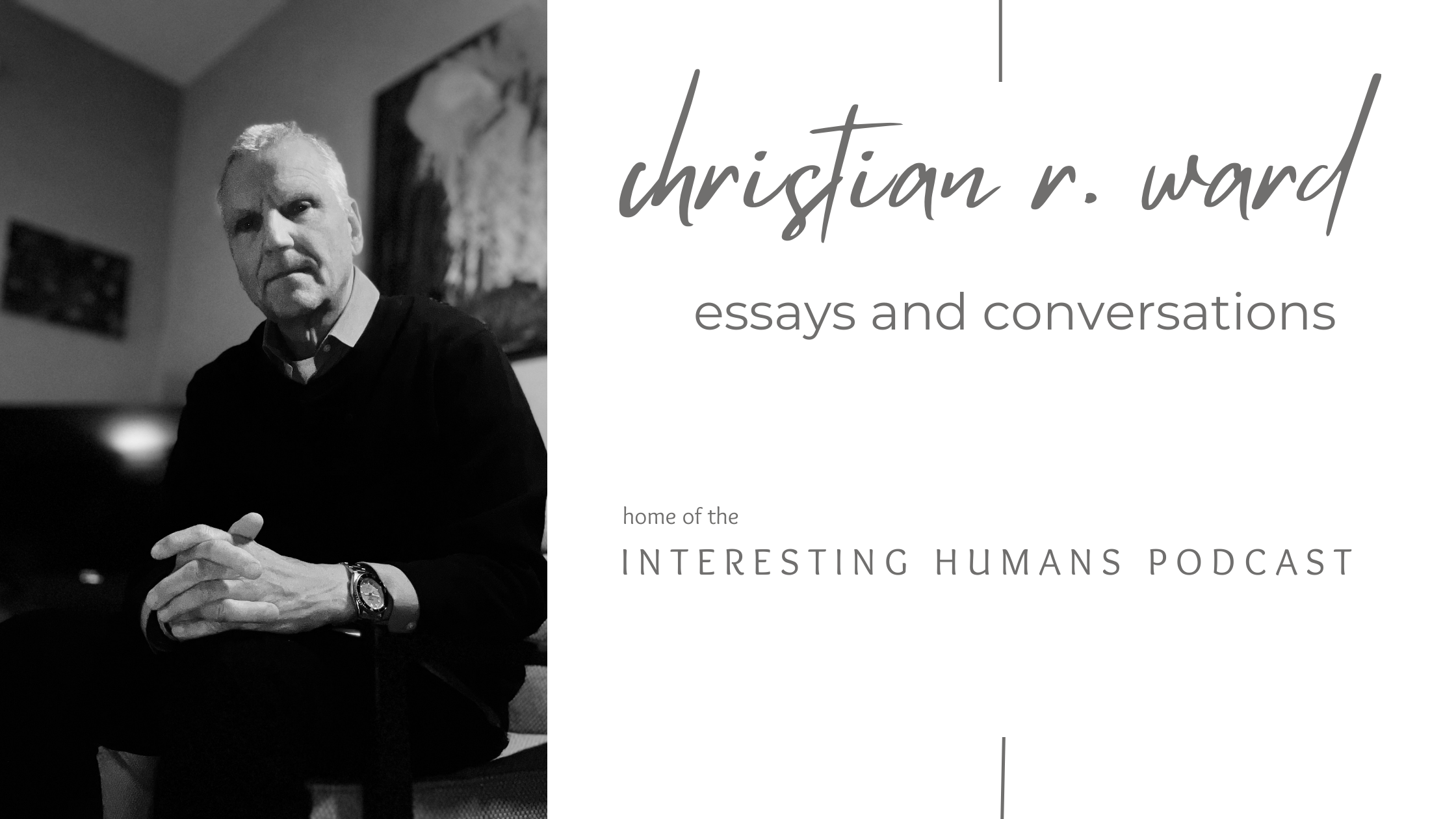Last updated on 2 May 2020
Share this
It was the most beautiful music I’d ever heard, crystalized in a moment. This evening I had come home from work. My father was sitting in the dark, his face illuminated only by the glow of a cigarette. On the stereo a recording of Samuel Barber’s Adagio for Strings, with Leonard Bernstein conducting.
It is the winter after the year my mom died. Earlier it had snowed heavily. Later the skies cleared and the temperature dropped. I had been at a work party where I was a reporter for a community newspaper. It’s a moment cemented into my memory, never to be let go of: the music playing on my father’s stereo and the image of him sitting in the chair by the window inexorably linked. In the 40 years since, every time I hear Adagio for Strings, I’m brought back to this exact moment.
This moment has been cemented into my memory.
I feel the damp weight of the snow on my coat and the frigid cold as I step into the house, which is cast in darkness. It hangs like a shroud over our living room, broken only by a diffuse moonlight and the orange glow from the tip of Dad’s Winston. What had been a frenetic evening suddenly slowed to a quiet tempo.
If you visited during that time, you would have noticed that our home had slid since mom’s death into a kind of depression. Not many lights on. Not much talk. I think each of us was privately dealing with our grief. My father especially was not very good at talking about emotions so we didn’t. It wasn’t until years later when he was dying that my father opened up about what was in his heart and his head. My mom was the glue for our family. When she died, my dad, my sister and I all went our separate ways, both metaphorically and in reality.
We exchange small talk about the evening. He asks how the party was and how the roads are. I respond but I am distracted by the music. It is like nothing I have ever heard. He notices and quiets, presumably to allow me to take it in. Here’s a recording. It’s a landscape of rolling hills in my mind: violins slow and building, descending and rising again for drama, gradually gaining momentum. I can hear every string, every note. They build and build until at the very top, the violin chorus is like bells. I am mesmerized. And my sodden spirit is elevated, if only until the music fades.
I’ve always thought Barber’s piece was perfect for a denouement in a movie. When Willem Dafoe is killed in the penultimate scene in the movie Platoon a few years later, I’m not surprised to hear Barber’s Adagio once more. https://youtu.be/QEv3zzKyiFQ
It was too real, too close to me to write about as fiction.
I have tried writing about this many times. Once I even tried it as a short story for a writing class. It was a disaster. Maybe because it was too real, too close to me to write about as fiction. I think sometimes our experiences are like that–too loaded to be able to set aside the facts and use our imaginations to create stories.
To this day I do not know why Adagio has such a hold on me and why it’s tied to this particular night so long ago. It might be because it was the moment I realized Dad might be sad too and that he now had this life entirely separate from what had been “family,” which was just my sister and I.
This evening deepened my grief and elevated me from my depression at the same time. It emphasized the loss of my mom–not just for me but also for my father. At the same time Adagio gave me hope for some kind of happier future.
This evening deepened my grief and elevated me from my depression at the same time.
I don’t know how most people react to the music, maybe they see it as bleak, especially if the only time they heard it was when Dafoe got ripped apart by enemy bullets in Platoon. But I don’t. It’s incredibly thoughtful, this piece, encouraging introspection and joy.

And I’m grateful to remember this scene because of how connected moment and music became for me. Though it was an immeasurably sad time, it is a significant part of my history and how I got here. Still it would be nice to be back there once more, sitting on the couch, Adagio on the record player, looking over at my father, the orange glow of his Winston in one hand and his other gently conducting right along with Bernstein.
It was, after all, Dad’s Adagio.


